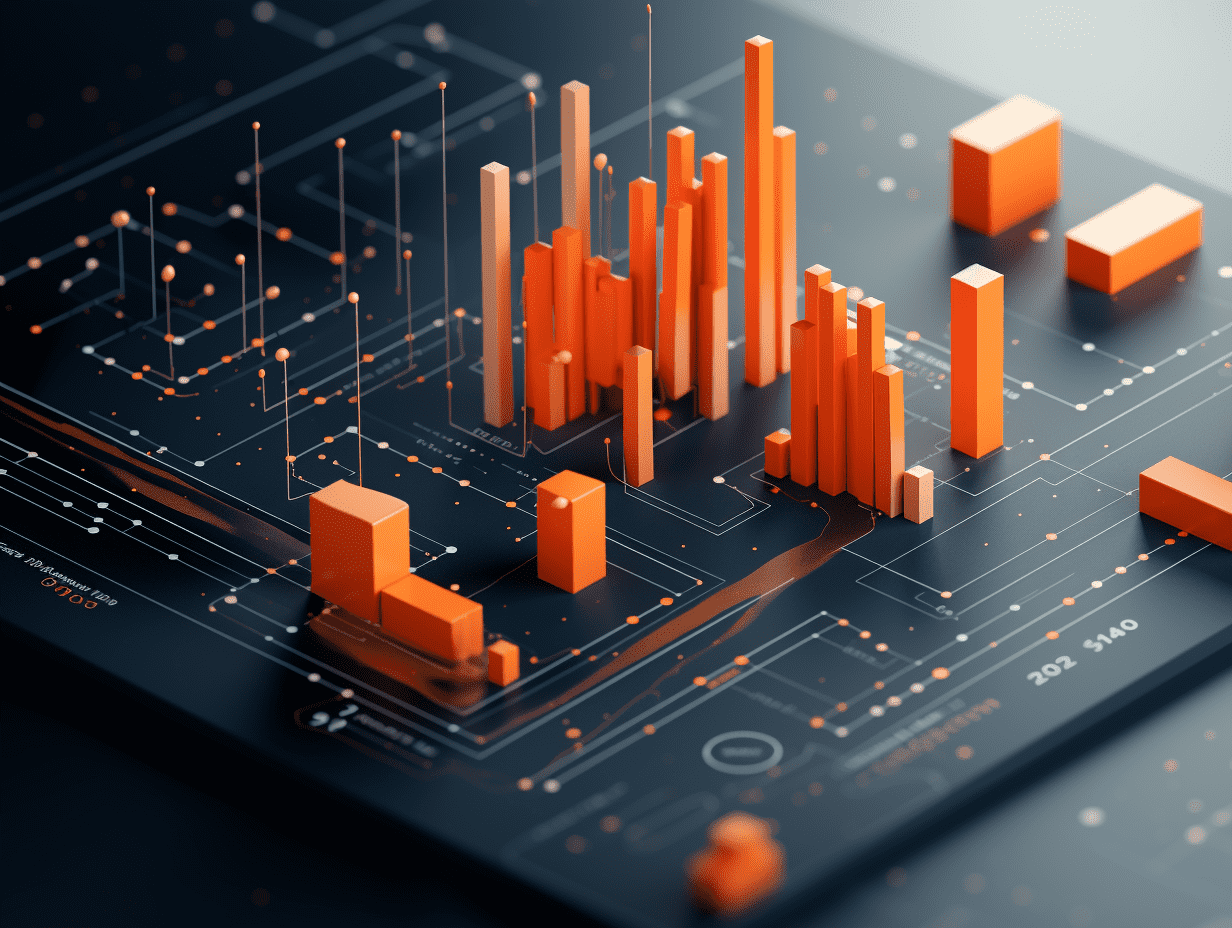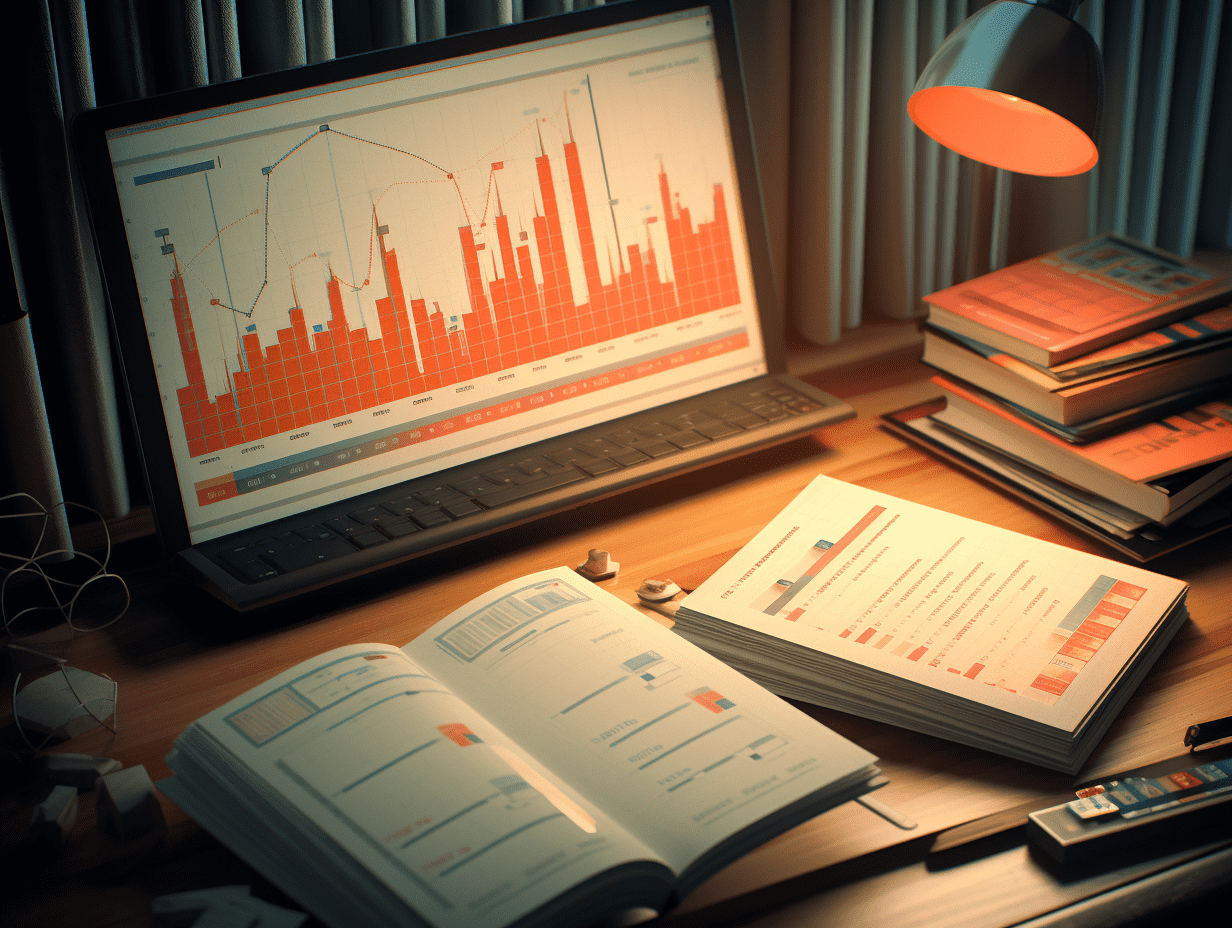The negative impact of tariffs is showing! The prices of second-hand cars in the United States have soared to a year and a half new high.
The used car market in the United States is experiencing a strong rebound.
With American consumers worried that car tariffs could lead to price hikes, many have started purchasing cars early, leading to a strong rebound in the U.S. used car market. The Manheim Used Vehicle Value Index, released by renowned automotive data firm Cox Automotive, soared to 208.2 points in April, reaching its highest level since October 2023.
This index tracks the prices of used cars sold by Cox at wholesale auctions in the United States. The data shows that the index rose by 4.9% year-on-year in April and by 2.7% month-on-month. Compared to the usual monthly fluctuations of around 0.2%, this increase can be described as "exceptionally strong."
Jeremy Robb, Senior Director of Economic and Industry Insights at Cox Automotive, stated, "Normally, the 'spring rebound' ends in the second week of April, but this year the wholesale prices continued to rise throughout the entire month, far exceeding previous levels. We had long anticipated that tariff news would drive prices higher, and that has indeed happened."
Although the 25% tariff on imported new cars and parts does not directly apply to used cars, fluctuations in new car prices, changes in production capacity, and shifts in demand can indirectly affect the used car market, which remains the primary choice for most Americans when purchasing a car.
While wholesale prices often lead changes in retail prices, in recent years the speed of retail price declines has not been synchronized with wholesale prices. Data from Cox shows that used car retail sales in April decreased by 1.7% compared to March, but increased by 13% year-on-year. During the same period, the average listing price of used cars rose by 2%, surpassing $25,000, while the average price of new cars approached $48,000.
Although the current Manheim index is still lower than the historical records during the peak of the pandemic, prices remain relatively high compared to the period before the COVID-19 outbreak in 2020. Cox had previously stated that after several years of drastic fluctuations, used car prices began to stabilize in 2024.
Amidst economic uncertainties and policy factors, the U.S. used car market is once again becoming a focal point for investors and consumers, especially in the context of unclear tariff policies. The price trends in the coming months are still worth closely monitoring.
Related Articles

Macao Monetary Authority: The total amount of transactions using mobile payment tools in the first quarter reached MOP 7.9 billion, an increase of 8.7% year-on-year.

Goldman Sachs: There is a possibility of nearly a 20% decline in the US stock market, recession is a huge risk, the only substantial buyers at present are retail investors.

What would happen to the global market if the US dollar hegemony declined?
Macao Monetary Authority: The total amount of transactions using mobile payment tools in the first quarter reached MOP 7.9 billion, an increase of 8.7% year-on-year.

Goldman Sachs: There is a possibility of nearly a 20% decline in the US stock market, recession is a huge risk, the only substantial buyers at present are retail investors.

What would happen to the global market if the US dollar hegemony declined?

RECOMMEND

Federal Reserve officials "collectively release information": Be cautious about the inflation risk of tariffs, not in a hurry to cut interest rates.
10/05/2025

National Bureau of Statistics: In April 2025, the year-on-year decrease in the producer prices of industrial products at the factory was 2.7%.
10/05/2025

People's Daily Bell: It is not realistic to expect to solve problems with just one or two negotiations.
10/05/2025


